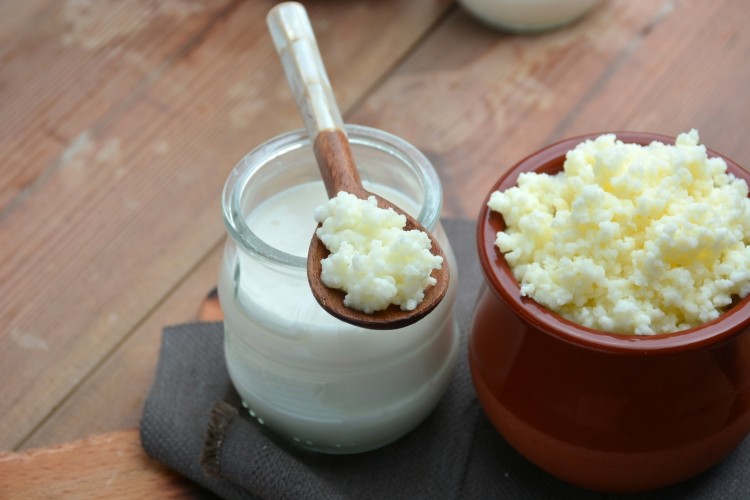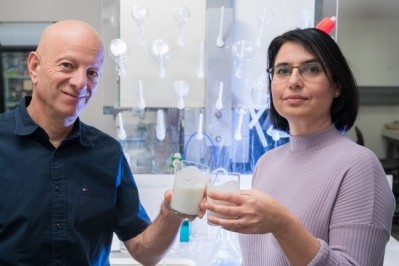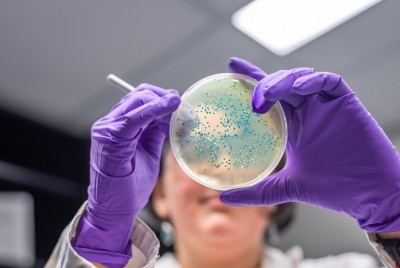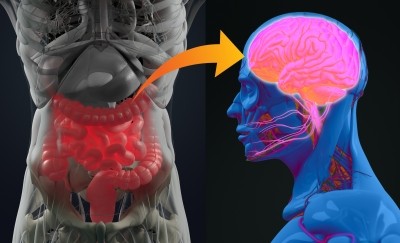Gut-brain axis: Kefir's impact on behaviour and mood

Recently, a number of studies have suggested that the consumption of fermented foods, such as kefir, are associated with an improvement in mood in humans, but the reasons are not clear so researchers from APC Microbiome Ireland SFI Research Centre wanted to discover exactly how kefir affects the brain.
To address this, two different kefirs (Fr1 and UK4) and an unfermented milk control were administered to mice that underwent a battery of tests to characterise their behavioural phenotype. In addition, shotgun metagenomic sequencing of ileal, caecal and faecal matter was performed, as was faecal metabolome analysis. Finally, systemic immunity measures and gut serotonin levels were assessed.
From their resulting data, the team concluded that kefir can modulate specific aspects of the microbiota-gut-brain axis in mice but different kefirs will influence the host differently.
“This research shows that these two different kefirs had a similar effect on the gut microbiome and increased its capacity to produce the neurotransmitter GABA in mice,” said Dr Marcel van de Wouw, a former PhD student at APC Microbiome Ireland and co-first author on the research publication. “Interestingly, both kefirs had different and positive effects on the immune system and various behaviours.”
The report outlines the key changes: "Kefir Fr1 increased reward-seeking behaviour and ameliorated stress-induced increases in circulating neutrophil and CXCL1 levels. Furthermore, UK4 decreased repetitive behaviour, increased circulating Treg cells and IL-10 levels, and ameliorated deficits in reward-seeking behaviour induced by chronic oral gavage stress.
"In addition, UK4 increased fear-dependent contextual memory, yet decreased milk gavage-induced improvements in long-term spatial learning. Both kefirs modulated the composition and functional capacity of the microbiota, which was associated with an increased capacity to produce GABA. This function was linked to an increased prevalence of L. reuteri."
Prof John Cryan, leader of the research, added: “This research shows that kefir can impact the microbiota-gut-brain axis and mouse behaviour in different ways under different conditions. More research needs to be performed to identify why different kefirs have different effects when consumed. And more research is needed to investigate the impact of kefir on humans.”
Source: Microbiome
Cryan. J. F., et al
"Distinct actions of the fermented beverage kefir on host behaviour, immunity and microbiome gut-brain modules in the mouse"















